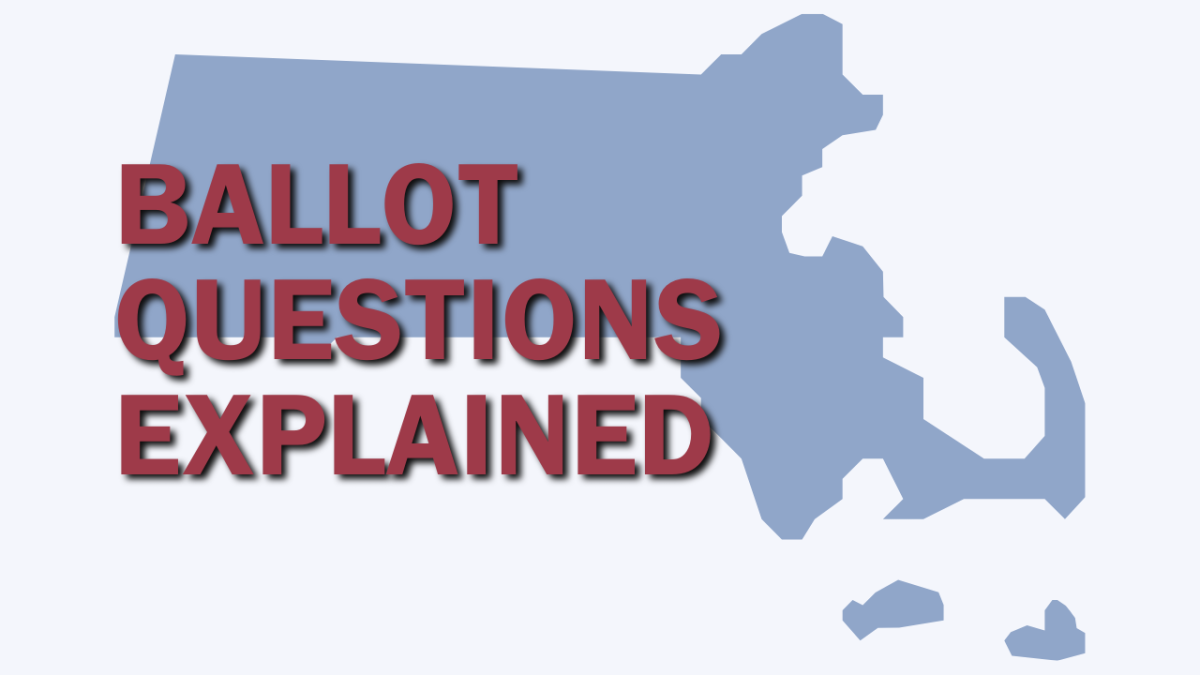After 18 days of massive unrest across Egypt, President Hosni Mubarak ended his 30-year rule and resigned on February 11, handing over power to a military supreme council.
Protests and demonstrations, usually numbering in the hundreds of thousands, began January 25 all over the country and put Egypt at a standstill. The protesters were demanding the resignation of Mubarak, a democratic transition, and blamed the country’s main problems such as unemployment, low wages, and social inequalities on corruption and mismanagement. Mubarak replied with a media and Internet blackout, weak political concessions, and deployed “pro-Mubarak” protesters who violently clashed with the anti-Mubarak movement.
The Egyptian military chose not to confront the demonstrators, not because the military itself was split, but because it agreed with the demonstrator’s central demand: the resignation of Mubarak.
Unrest and discontent within the military against Mubarak began to form months before the uprising, when it became obvious Mubarak intended to have his son, Gamal, take his place.
The current Egyptian regime was founded by a coup led by Gamal Abdel Nasser and was intended to be secular with democratic elements but controlled by the military. The regime was based on a military that would be the center of government institutions and a civilian bureaucracy. Nasser saw the military as the most progressive component in Egypt that would modernize the country. It was not a coincidence that the two rulers after Nasser, Anwar Sadat and Hosni Mubarak, were military men that had turned civilian after taking power.
Gamal Mubarak was not a military man and had no connection with the real power of the military regime. This handing of power would now make the regime one based on hereditarily rule.
The military had been hoping for a successful succession in the next elections and began to form a way for Mubarak to step down in order for them to choose a figure suitable for the senior military. But Mubarak’s insistence on handing power to his son and unwillingness to step down created a crisis within the military regime of Egypt. Ironically, it was Mubarak that was trying to overthrow the regime.
Some military officers were already demanding the protestor’s demand for the resignation of Mubarak months before the protests. The military chose not to fight and suppress the anti-Mubarak movement because they were already serving the interest and continued rule of the military regime.
What happened was a military coup that used the cover of protests to force Mubarak out of office. Once Mubarak was forced out of office the military took re-control of the regime by establishing a ruling military council and taking control of ministries.
The Egyptian regime is still controlled by generals. They are committed to the same foreign policy. They have promised democracy, but it is not clear that they mean it. If they do mean it, it is not clear how they would do it in such a short time, meaning the crowds may re-emerge, demanding more and an increase in rapidity of change.












